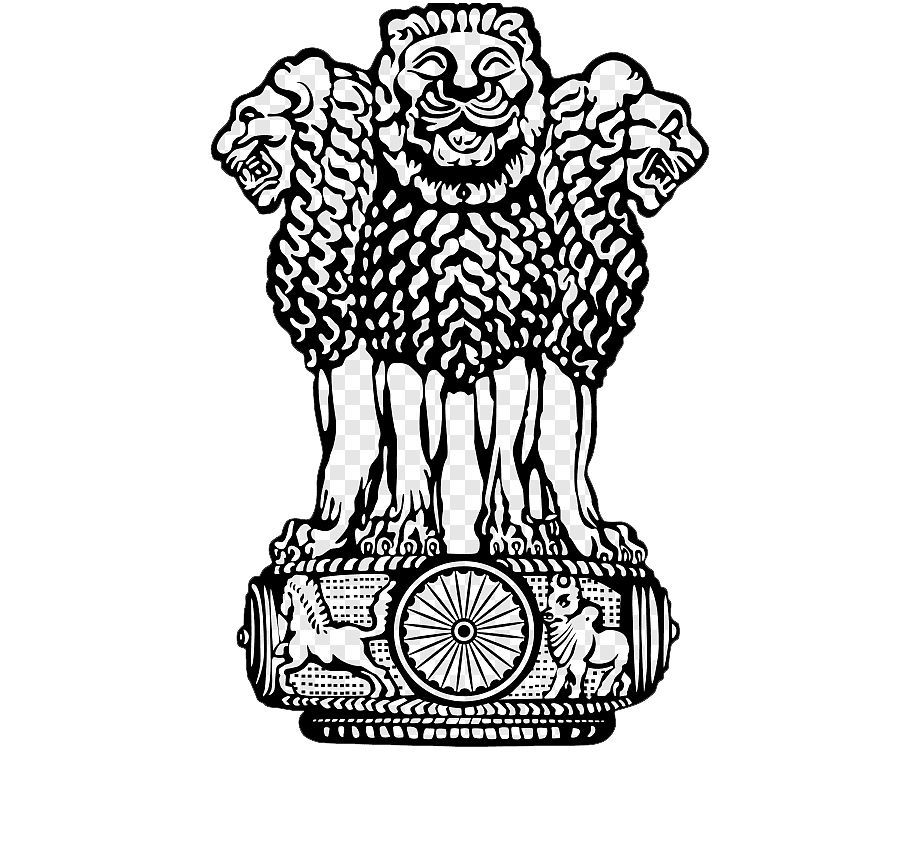OBJECTIVES OF NSS
• To enable the students to understand the community in which they work;
• To understand themselves in relation to their community;
• To identify the needs and problems in the community in the solution of which they can be involved;
• To develop among themselves a sense of social and civic responsibility;
• To apply their education in finding practical solution to individual and community problems;
• To develop competence required for group living and sharing responsibilities;
• Gain skills in mobilizing community participation;
• To acquire leadership qualities and democratic attitude;
• To develop capacity to meet emergencies and national disasters;
• To practice national integration.
JOURNEY OF NSS UNIT 1 OF GOVERNMENT GENERAL DEGREE COLLEGE, MANGALKOTE
The National Service Scheme (NSS) was started at GGDC, Mangalkoteto establish a meaningful linkage between the campus and the community.The NSS Unit 1 of GGDC,Mangalkotewas formed on 06/08/201 withShri. AritraRudra, Assistant Professor of History as its first program officer. The NSS committee was highly enthusiastic to start its maiden journey. Within a short period, one hundred student volunteers enrolled their names with great joy. Subsequently, Khudrun village was adopted by NSS Unit 1 of GGDC, Mangalkotewhere the volunteers could serve their community services.Khudrun was chosen for this purpose because of its proximity to the institution.
On 17thJanuary 2019, NSS Unit received its first grant from ‘The University of Burdwan’. The grants received are utilized in performance of activities as outlined in the NSS manual. On 23/03/2019, the Unit organized its first 7 days special camp at Khurdun. The theme of the camp was ‘Education and Health for all’. Fifty volunteers and members of the NSS committee participated in it withKhudrunPrimary Schoolas the base camp. The Unit members engaged themselves in cleaning, adult education, and tree plantationprogrammes. They also conducted several awareness lectures related to the health and hygiene of the villagers and a health check-up camp atSingot Rural Hospital. Apart from this, the volunteers had also taken classes of the primary students. The success of the first camp made the volunteers confident and aroused their awareness regarding social responsibility.
During the COVID-19 pandemic, the volunteers went to our adopted village, Khudrunovercoming the fear of their life-risks. They provided sanitizers and masks to the villagers and most importantly made them aware of the nature of the deadly virus. After the invention of COVID-19 vaccine, government decided to organize vaccination centers at schools and colleges where the students could be vaccinated for free. Accordingly, our college was selected as a vaccination center in the Mangalkote block.In this vaccination drive, our NSS volunteers worked relentlessly to ensure everyone’s vaccination.
After the pandemic was over, we started our journey and a seven days Special Camp was organized in the current academic session, on and from 23/03/2023 to 27/03/2023. The theme of the camp was ‘Clean India’. The volunteers organized cleaning programmeat Khudrun and made the villagers aware of the importance of cleanliness. The NSS has given an avenue to the students of this institution to learn and develop their social responsibility beyond the classroom. They act as organs of dissemination of social awareness among the villagers of Khudrun.
The major activities that the NSS Unit engages in throughout the year are listed below:
- Tree PlantationProgramme
- Cleanliness Drive
- Awareness Campaigns
- Rallies
- Literacy Campaigns
- Health Check-up Camps
- Promotion of Government Schemes
- Plastic Free Campus Campaigns
- Webinars/Seminars/Special Lectures in collaboration with various NGOs and Field Experts
- HIV/AIDS awareness Programmes in collaboration with Red Ribbon Club
Mahatma Gandhi, Father of the Nation, had envisioned that the country could not progress in a desired direction until the young minds were motivated to work for the upliftment of the villages/communities. For Gandhiji, the villages where majority of the population lived, represent our country, India. Therefore, for the national reconstruction and national resurgence it was deemed fit that the students and teachers should be properly sensitized and utilized for strengthening the Indian society as a whole with particular emphasis on rural community. Hence, the student youth, teachers and the community are considered as the three basic components of the National Service Scheme (NSS).

